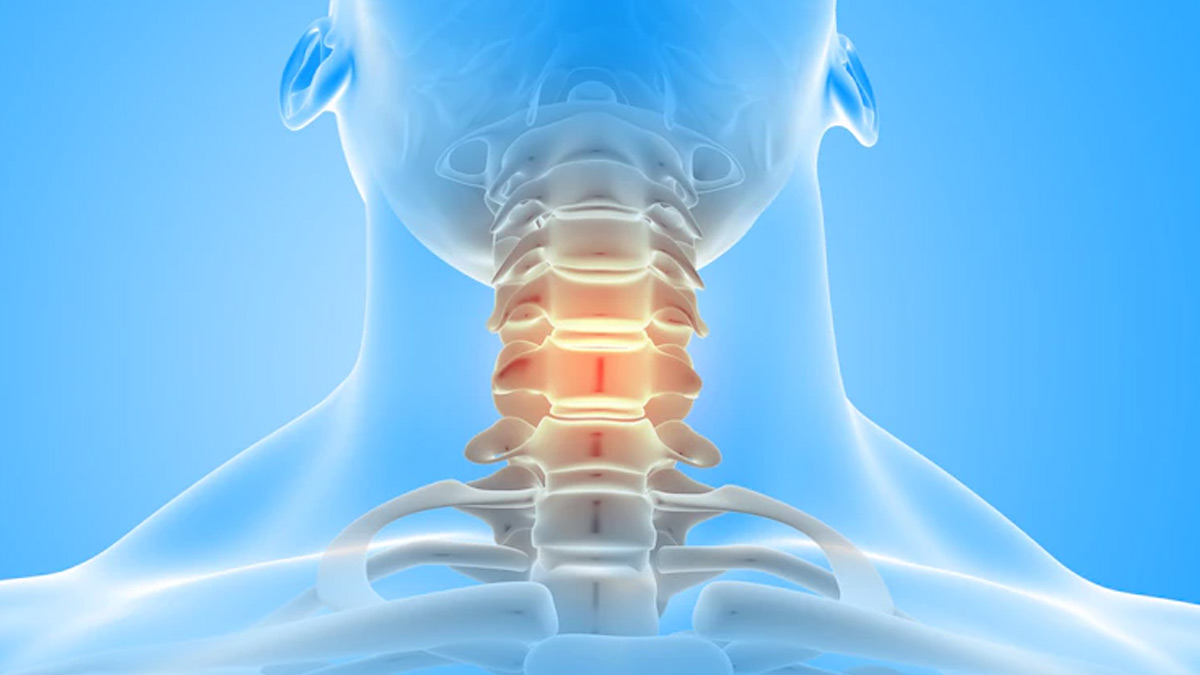
Thyroid disorders in children can occur in various ways, which highlights the necessity of recognising signs for timely intervention. While less prevalent in children compared to adults, these problems can impact a child's physical and mental well-being.
Table of Content:-
“Before exploring the primary indicators of thyroid disorders in children, it is essential to highlight congenital hypothyroidism. In this condition, a newborn may have insufficient or absent thyroid hormone levels at birth, often without visible symptoms. However, early detection and treatment are important to prevent adverse effects on the infant's brain development,” said Dr Nisha Bhavani, Clinical Professor, Speciality: Endocrinology and Diabetes, Centre for Comprehensive Women’s Healthcare, Amrita Hospital, Kochi.
Congenital Hypothyroidism: A Hidden Threat
According to the Indian Journal of Endocrinology and Metabolism, congenital hypothyroidism is the most frequent cause of preventable global mental retardation. Left untreated, it results in delayed milestones and stunted growth. To prevent permanent damage to the brain, it is imperative that all newborns undergo thyroid blood tests as part of routine screening. If abnormalities are identified, immediate treatment is necessary.

Also read: Thyroid Problems In New Mothers: Doctor Explains Postpartum Thyroiditis And Lists Symptoms
Silent Symptoms Of Thyroid Disorders
As per Dr Bhavani, thyroid disorders may not exhibit obvious symptoms, but some nonspecific signs may be present:
1.Persistent Fatigue
“Persistent tiredness can signal an underlying thyroid problem if a child consistently appears fatigued despite adequate rest, affecting daily activities and overall quality of life,” Dr Bhavani said.
2.Weight Fluctuations
Dr Bhavani said, “Fluctuations in weight, whether gain or loss, can indicate thyroid dysfunction. Hypothyroidism is associated with weight gain, while hyperthyroidism may result in weight loss. Unexplained changes in a child's weight, especially when coupled with other symptoms, warrant further investigation.”
3.Cognitive Challenges
“Thyroid disorders can impact cognitive function, which further leads to difficulties with concentration, memory, and overall cognitive performance. Changes in a child's ability to focus are crucial indicators of potential thyroid-related issues affecting academic performance,” said Dr Bhavani.

4.Bowel Habits Unveiled
Thyroid disorders often manifest in alterations in bowel habits. Constipation is linked to hypothyroidism, while hyperthyroidism can result in increased bowel movements or diarrhoea. Persistent changes in bowel habits, especially when accompanied by other symptoms, require attention.
Also read: Unveiling the Connection: Expert Explains How Thyroid Health Relates to Menopause Onset
5.Goitre
“A Visible Sign of Thyroid Disorders in Children An enlarged thyroid gland, or goitre, can be a visible sign of thyroid disorders. Though more commonly associated with hypothyroidism, hyperthyroidism, or iodine deficiency, it's essential to be aware that, rarely, some tumours of the thyroid gland can also develop in children,” Dr Bhavani said, adding, any unusual neck swelling should prompt consultation with a paediatric endocrinologist for evaluation.
Newborns should undergo thyroid dysfunction screening to prevent mental retardation. Vigilance regarding common signs of thyroid disorders in children, including fatigue, weight changes, difficulty concentrating, alterations in bowel habits, mood swings, physical manifestations, delayed growth, and potential goitre presence, is important for early detection. If concerning signs are noticed, seeking advice from a paediatric endocrinologist for a thorough evaluation and appropriate testing is essential, especially in the presence of a family history of thyroid problems.
Also watch this video
How we keep this article up to date:
We work with experts and keep a close eye on the latest in health and wellness. Whenever there is a new research or helpful information, we update our articles with accurate and useful advice.
Current Version
